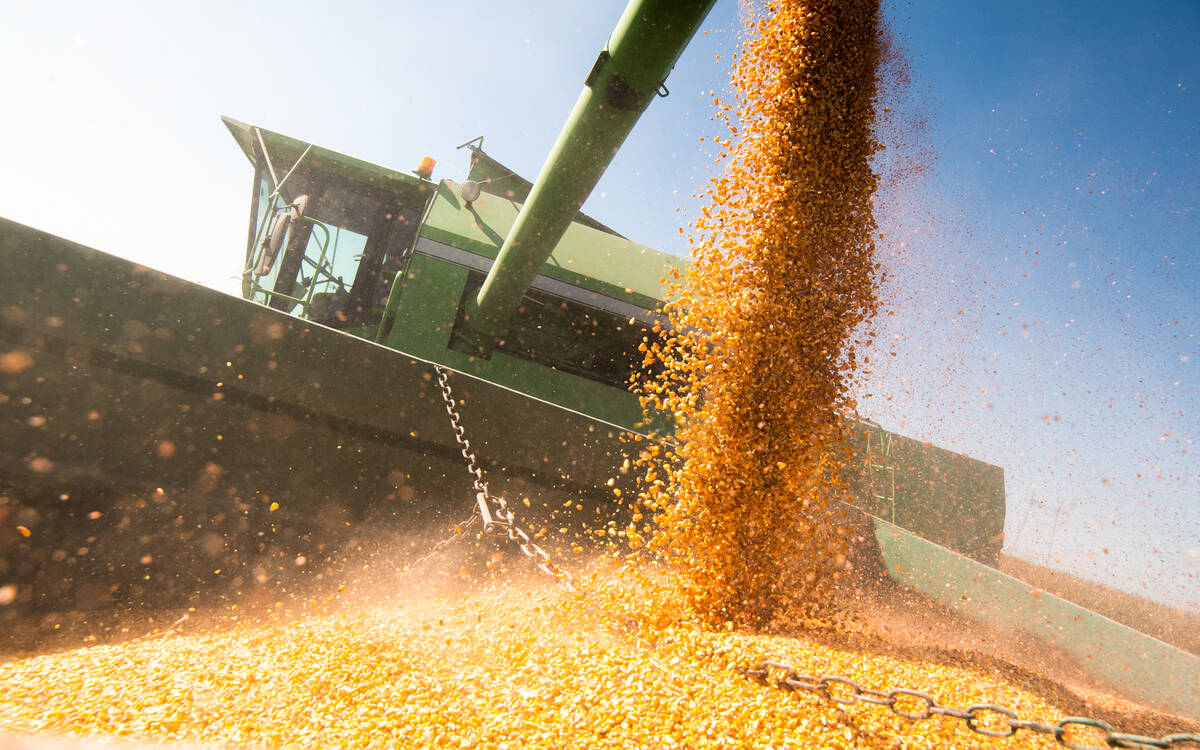Moscow | Reuters –– Russian grain exports have picked up again after a decision to impose official export duties reduced informal curbs that had all but stopped sales abroad, SovEcon agriculture consultancy said on Saturday.
Russia, the world’s fourth-largest wheat exporter, introduced informal grain export controls last week to try and cool domestic wheat prices as exports hit record levels thanks to the slump in the rouble.
Russia’s main wheat buyers are Turkey, Iran and Egypt, which is very vulnerable to any disruptions in supply.
Read Also

Feed Grain Weekly: Corn affecting barley prices in Lethbridge
Corn imports entering Lethbridge have lowered prices for feed barley compared to those in Edmonton.
Officials in Moscow have assured Egypt that deals to import 120,000 tonnes of wheat for delivery in January will be met, the state Al-Ahram newspaper quoted Egypt’s supplies minister, Khaled Hanafi, as saying on Friday.
The informal Russian export controls — tougher quality monitoring by safety watchdog Rosselkhoznadzor and limits on railway loadings — had all but stopped exports, according to a non-state farm lobby group.
The informal measures were then followed by a government decision to introduce duty on wheat exports from Feb. 1 until June 30, 2015.
“Since the clarity over the duty, market players have reported a decline in the informal barriers on exports,” SovEcon said in a note. “Rosselkhoznadzor has started to give certificates and vessels with grain have started leaving the Azov and the Black Sea ports.”
A Rosselkhoznadzor spokesman said, however, that the tougher quality monitoring would remain in place. According to the watchdog, the tougher checks did not affect exports anyway.
Two trade sources said some vessels were leaving Black Sea deep-water ports, but shallow-water ports in the Azov Sea were still mostly closed, unofficially.
State-controlled Russian Railways also called off its controls on grain loadings on Friday, but said it planned to raise its tariffs for such supplies by 13.4 per cent from Jan. 24.
The Russian domestic grain market has also revived in the past few days after stalling when the informal curbs were introduced, SovEcon said.
The price of third-class wheat fell 200 roubles, to 11,125 roubles (C$216) per tonne, in the European part of Russia at the end of this week, SovEcon said.
The price, though, is still too high for the government which is ready to pay 10,100 roubles a tonne as part of its stock replenishment program.
— Polina Devitt reports on commodities for Reuters from Moscow.















